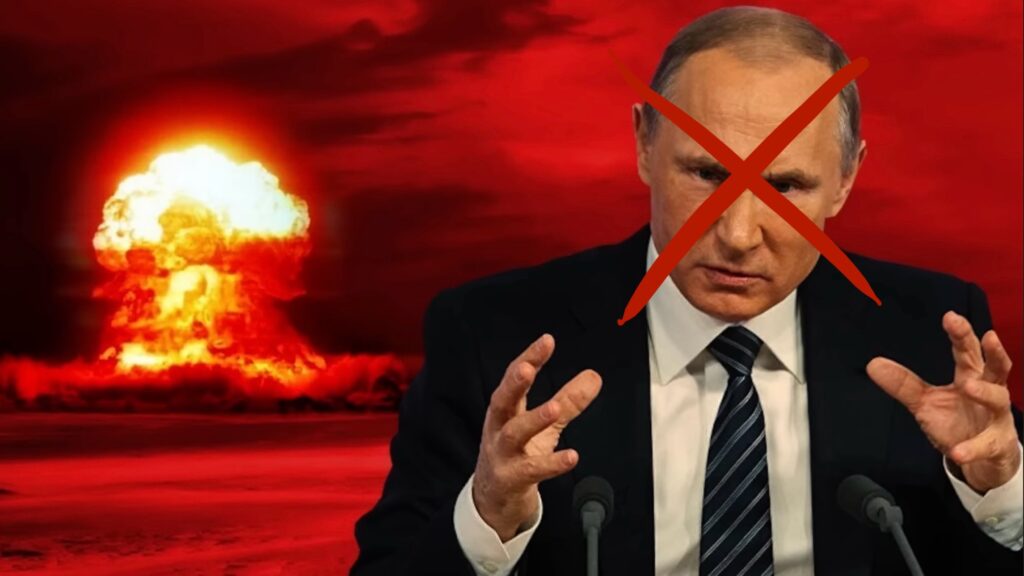
In the 21st century, nations gain influence through diplomacy, trade, and shared values. Yet russia, under Vladimir Putin, has pursued a different path — one of coercion, aggression, and destabilization. This misguided strategy of “forced love” seeks to impose admiration and loyalty through fear and violence. However, recent events highlight the failure of this approach, from the ongoing war in Ukraine to rising resistance in Georgia and the diminishing russian presence in Syria.
The War in Ukraine: A Catastrophic Miscalculation
russia’s invasion of Ukraine in 2014, followed by the full-scale assault in 2022, aimed to reassert Moscow’s dominance over its neighbor. Instead, it has unified the Ukrainian people and strengthened Western alliances. Ukraine has not only resisted but is reclaiming its sovereignty, exposing the Kremlin’s military weaknesses and eroding its global influence. The war has turned russia into an international pariah, with sanctions crippling its economy and tarnishing its image on the world stage.
Undermining Democracy in Georgia
Georgia has long been a target of russian interference, with moscow supporting separatist movements in Abkhazia and South Ossetia. Recently, russia’s influence was challenged as mass protests erupted in Tbilisi, resembling Ukraine’s Maidan Revolution. The Georgian people have shown they will not tolerate kremlin-backed authoritarianism, further signaling the rejection of russia’s model of governance.
Syria: A Fading Footprint
russia’s intervention in Syria was meant to project power and secure a foothold in the Middle East. While it initially propped up Bashar al-Assad’s regime, the kremlin’s influence is waning. The redeployment of Russian forces to Ukraine has left Syria vulnerable to other regional powers, diminishing Moscow’s grip on the conflict. What was once a symbol of Russian resurgence now highlights the limitations of its overstretched ambitions.
putin’s Obsession with Power and Its Consequences
At the core of russia’s aggressive foreign policy lies putin’s fixation on control and dominance. His regime has weaponized energy, disinformation, and military force to achieve its goals. However, these tactics have alienated neighbors, undermined trust, and fostered resistance. The “forced love” strategy has backfired spectacularly, leaving russia more isolated than ever.
A New Era of Resistance
The uprisings in Georgia, Ukraine’s steadfast defense, and the shrinking russian presence in Syria reflect a broader rejection of putin’s imperialist ambitions. These events underscore a fundamental truth: love and respect cannot be coerced. Nations seeking to build influence must do so through cooperation and shared values, not through aggression and subjugation.
putin’s era of “forced love” has proven unsustainable, and its failures will likely shape the post-putin world. As resistance grows and the kremlin’s grip weakens, the question remains: how much longer can russia afford the cost of its destructive ambitions?
